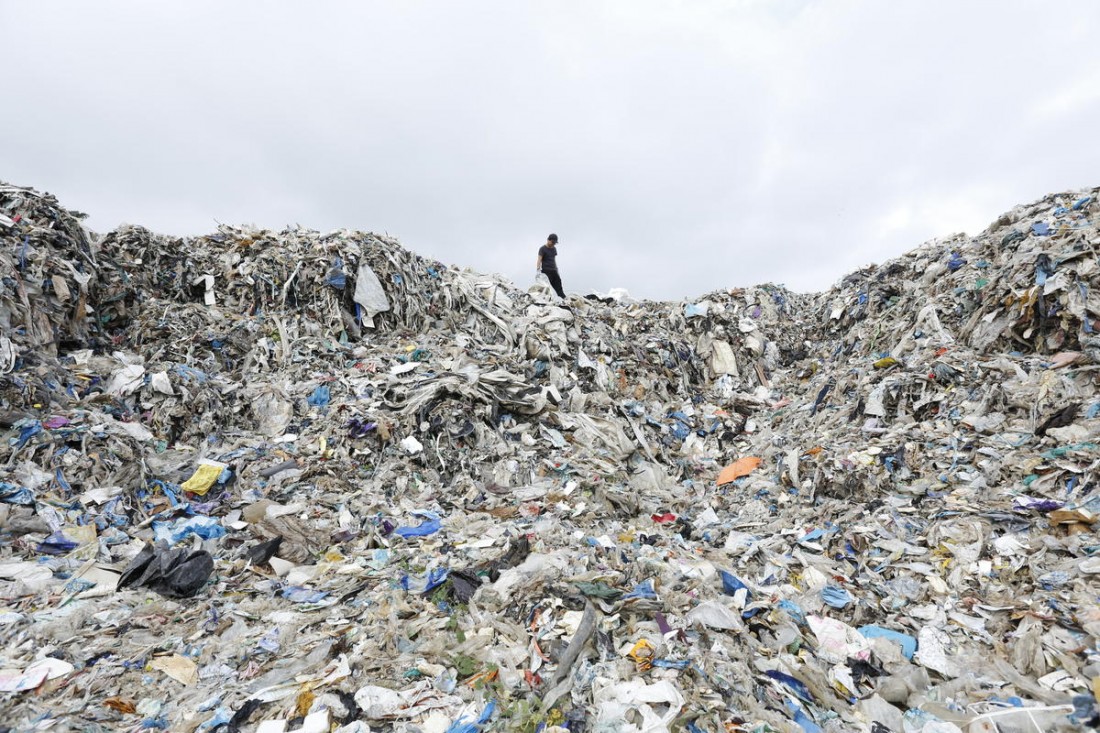
Most Plastics Not Recycled in US
A new study by Greenpeace reports that the majority of plastics sorted into the recycling bin are not recycled in the United States. Instead they are incinerated or sent to landfills. Greenpeace argues that these plastics cannot be legitimately labeled as recyclable and should have the label removed.
Most recyclable plastics are categorized and labeled according to the kind of plastic they contain. The labels run from 1 to 7 and can typically be found within the chasing-arrow recycling triangle on the bottom of a given piece of recyclable plastic. The Greenpeace report, conducted from October 2019 to January 2020, claims that only plastics labeled #1 or #2 can be legitimately labeled “recyclable” in the United States today.
Let’s break down these two categories. Plastics labeled #1 contain Polyethylene Terephthalate (PET). Common products include water bottles, soda bottles, and peanut butter jars. Plastics labeled #2 contain High-Density Polyethylene (HDPE). Common products include milk jugs, five-gallon buckets, shampoo bottles, and laundry detergent containers. These plastics are recycled into new plastic bottles or containers or are converted into textiles or insulation.
The United States used to ship plastics labeled #3 through #7 to China to be processed and recycled. In March 2018, the Chinese Ministry of Environmental Protection raised its standards for the quality of recycled materials that China would purchase, reducing permissible contamination levels from 3% to 0.5%. Since then recycling plants in the United States have struggled to process these plastics on their own.
Plastics labeled #3 through #7 are “hard plastics” and are considered to have “negligible-to-negative value.” This means that they have a low reprocessing capacity and are, therefore, unlikely to be recycled into new products. Recycling plants pay to have these plastics picked up and processed elsewhere, which usually means incineration or a trip to the landfill.
Greenpeace has asked companies that produce products with plastic labels #3 through #7 to remove recyclable language from their labels. It has also promised to file a Federal Trade Commission complaint against them for mislabeling if these companies don’t comply. Some of these companies include Target, Walmart, Procter & Gamble, and SC Johnson.
Common products that carry labels #3 through #7 break down as follows:
Plastic #3: vinyl; tubing and pipe; siding; auto product bottles
Plastic #4: laundry baskets; bread bags; squeeze bottles; plastic film
Plastic #5: yogurt containers; amber-colored pill bottles; coffee cup lids; straws; kitty litter buckets; plastic cutlery
Plastic #6: styrofoam cups; solo cups; egg cartons; to-go containers; plastic cutlery
Plastic #7: toys; sippy cups; CDs and DVDs; lenses
For more information on how to decode recycling symbols, click here.
What can you do?
Here are ten action items you can take:
- Check purchases closely: Try to buy only plastics with #1 or #2 labels.
- Take stock of how much plastic in your house is or is not likely to be recycled after you sort it into the recycling bin.
- Bring your own grocery bag, or choose paper bags over plastic.
- Choose meat products wrapped in paper by your grocery store butcher over meat products packaged in plastic.
- Clean your refrigerator storage bins so you can avoid plastic produce bags at the grocery store and store produce neatly at home.
- Choose items in aluminum or glass packaging over plastic packaging: Both aluminum and glass are commonly recycled by waste programs throughout the country.
- Pass on plastic silverware, straws, trays, and coffee cup lids.
- Opt for glass tupperware over plastic baggies.
- Educate residents about which plastics are actually recyclable in the United States.
- Encourage residents to download the Remyndr app to receive notifications and updates regarding the recycling pickup schedule in their neighborhoods.
Sources:
“Circular Claims Fall Flat: Comprehensive U.S. Survey of Plastics Recyclability,” Greenpeace, Inc., 2020.
Dimugno, Laura, “Recycling symbols decoded,” Mother Nature Network, March 4, 2013.
Vartan, Starre, “Most plastics in our recycling bins aren’t getting recycled, new report finds,” Mother Nature Network, February 24, 2020.

No Comments